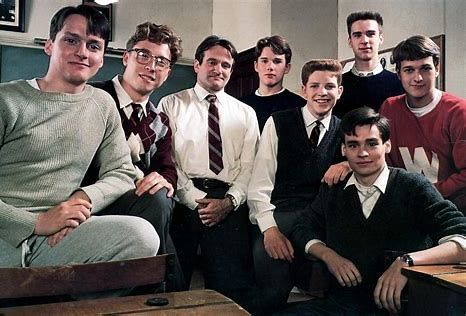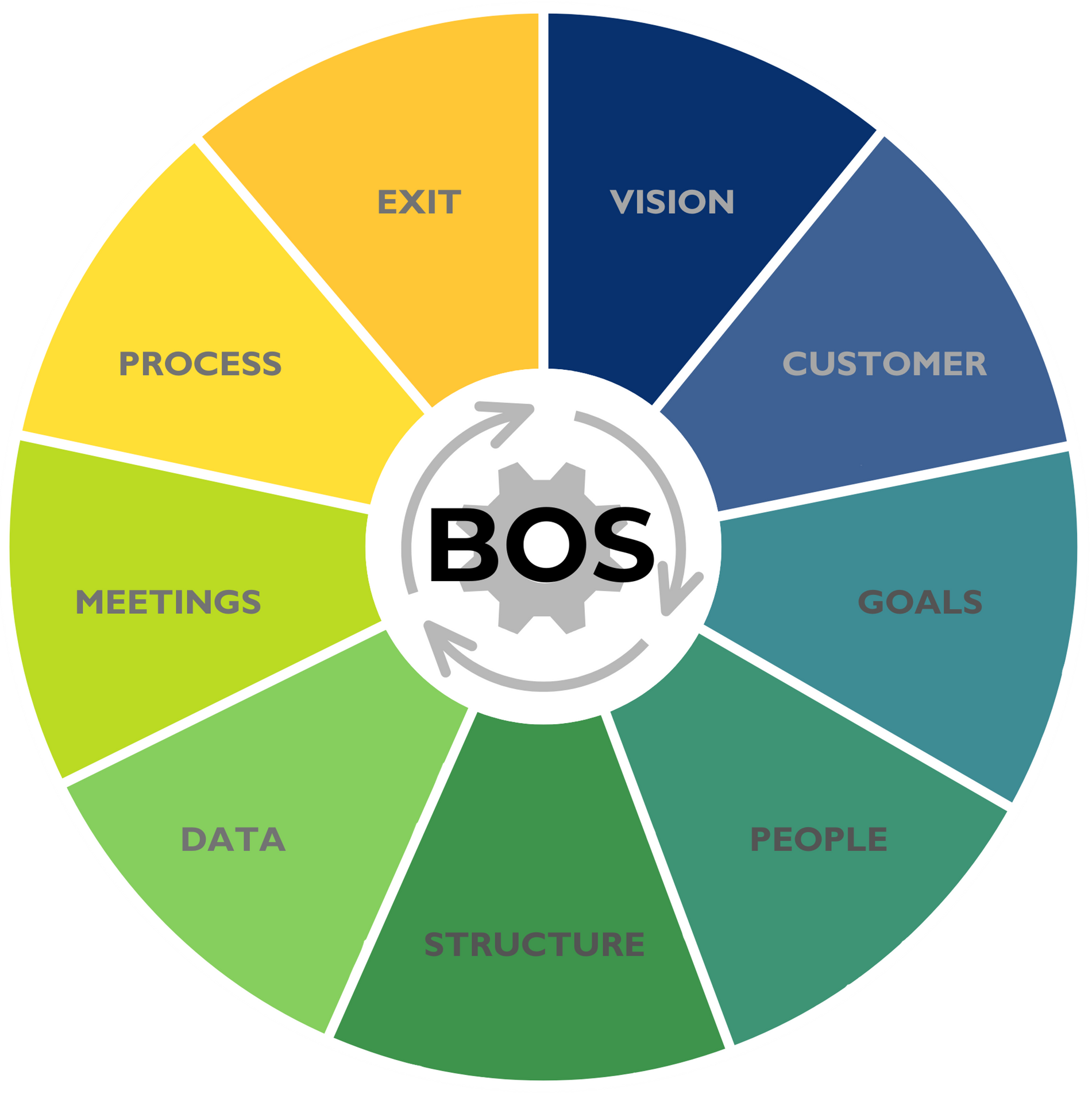Elevated Content...
Carpe Diem: How Dead Poets Society Shaped My View on Leadership

There are moments in life that shift our perspective so profoundly that we can mark the before and after. For me, one of those moments happened when I first watched the movie, Dead Poets Society. I was young, a woman still figuring out where I belonged in the world, and yet something about that film—its themes of courage, individuality, and the power of a leader who truly sees people—stuck with me in a way I couldn’t shake.
I didn’t know it then, but that movie planted the seed for the leader I would become.
The Power of a Teacher as a Leader
Like so many others, I was captivated by Robin Williams’ portrayal of John Keating—an unconventional teacher who challenged his students to think for themselves, to embrace their voices, and to stand firm in their own uniqueness. He wasn’t just educating; he was elevating. And that, in many ways, is the essence of leadership.
Watching Dead Poets Society, I saw how many of those young men doubted themselves, how they struggled with insecurity, external expectations, and fear. I saw pieces of myself in them—the quiet moments of wondering if I belonged in certain spaces, if I was capable enough, if my voice truly mattered. Keating’s relentless encouragement, his ability to lift them beyond their self-imposed (or socially imposed) limitations, made me realize something essential: Great leaders aren’t just skilled in their fields—they teach, they inspire, they instill confidence.
It was this realization that first made me want to be a teacher.
Creating Spaces for Those Who Feel They Don’t Belong
I didn’t go into a traditional classroom, but teaching became an undeniable part of my professional DNA. In my work with Here2elevate, I help people—especially those who may not see themselves as leaders—find their confidence and embrace their potential. Whether coaching frontline multifamily teams on budgets and cost control or working with executives on business strategy, my focus is always on one thing: creating spaces where people feel they belong.
Much like Keating’s classroom, leadership isn’t about hierarchy; it’s about empowerment. The best leaders are those who help others see what they’re capable of, even when they don’t believe it themselves.
Empathy and Understanding: The Human Side of Leadership
Robin Williams, the man behind Keating, had his own battles. He was a deeply empathetic person, which is part of what made him so brilliant. His ability to tap into the emotional depths of a character and make us feel something wasn’t just acting—it was a reflection of his own understanding of human struggle.
That, too, shaped my leadership philosophy. True leadership isn’t just about guiding people to success; it’s about seeing them in their struggles, acknowledging their fears, and meeting them with empathy. It’s about being willing to say, “I see you. You belong here.”
Carpe Diem: A Leadership Mindset
Keating’s mantra, Carpe Diem—seize the day, isn’t just about taking risks. It’s about fully stepping into who you are meant to be, despite fear and self-doubt. It’s about leading with heart, with courage, with the belief that everyone deserves a seat at the table.
And so, Dead Poets Society didn’t just inspire me—it shaped me. It taught me that leadership isn’t about authority, it’s about impact. It’s about creating ripples in people’s lives that extend far beyond what we can see.
That’s what I strive to do every day.
What’s Your Verse?
At the end of the film, Keating leaves his students with a question: “What will your verse be?”
For me, my verse is helping people step into their own power. It’s elevating those who don’t think they belong. It’s teaching, coaching, and leading with empathy.
And if a single movie can inspire a young woman to become the leader, she never knew she could be—then maybe, just maybe, leadership is about so much more than we ever imagined.
What will your verse be?





